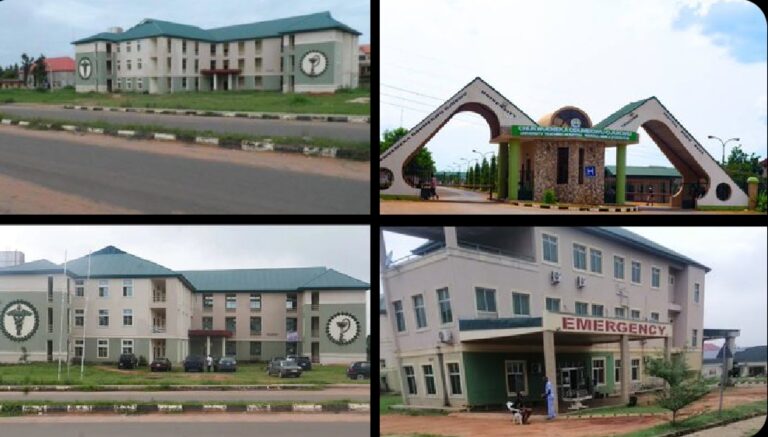
According to the Nigeria-based organization, the Kwara State Sickle Cell Advocacy (KESCA), approximately 138,000 children are born annually with sickle cell disease (SCD) in Nigeria. This alarming statistic underscores the serious public health challenge posed by SCD, particularly in a country where the disease prevalence is significantly high, yet public awareness and understanding remain alarmingly low.The burden of SCD in Nigeria is compounded by various factors, including nadequate healthcare infrastructure, high costs of treatment, and prevalent stigma surrounding the disease. Many families face catastrophic health expenditures due to the costs associated with managing SCD, which can lead to a significant economic strain.There is an urgent need for increased advocacy, public education, and improved diagnostic processes to effectively combat the disease and provide better care for affected children and their families.







